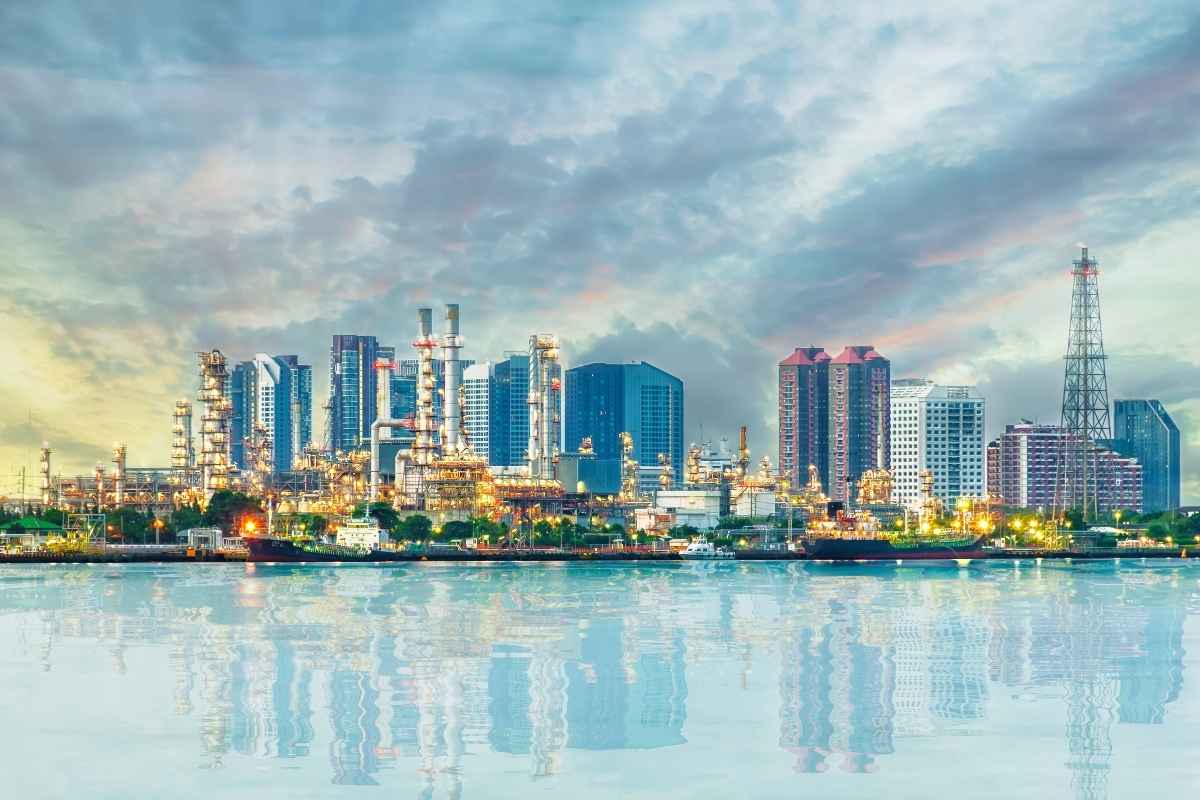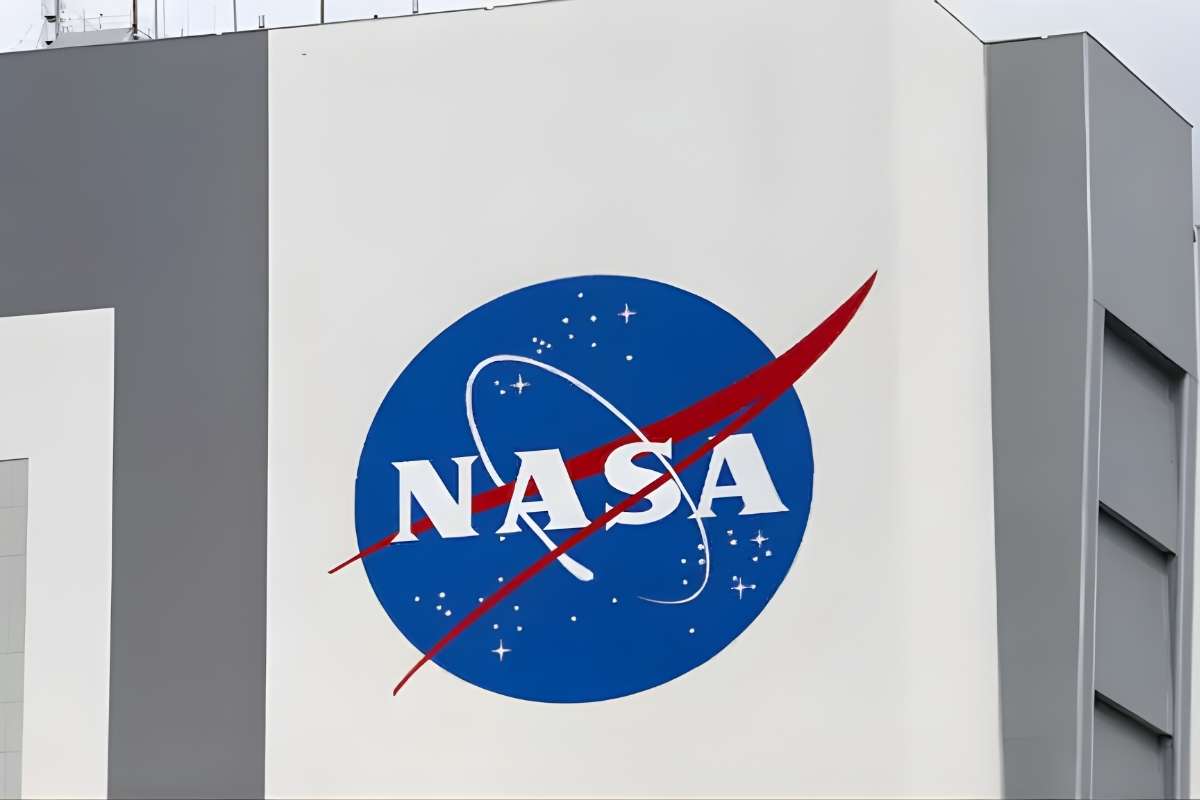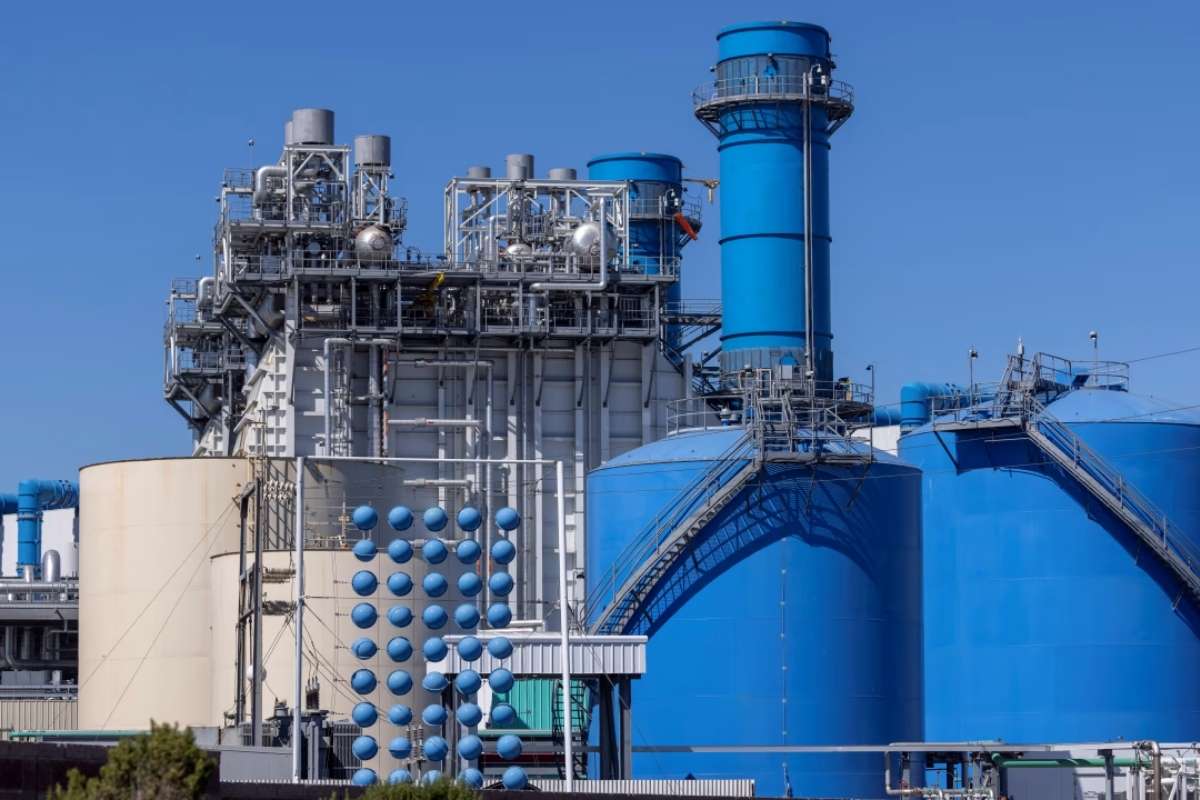Oil remains one of the most valuable natural resources on the planet, powering economies, driving transportation, and serving as a crucial input for various industries. As the energy demand continues to rise, understanding the major oil reserves in the world is essential for grasping the dynamics of global economics and geopolitics. This article delves into the major oil reserves in the world, highlighting their significance, geographical distribution, and implications for the future of energy.
Understanding Oil Reserves
Before we explore the major oil reserves in the world, it’s essential to clarify what oil reserves are. Oil reserves refer to the quantities of crude oil that are recoverable under existing economic and operating conditions. They are categorized into proven, probable, and possible reserves, with proven reserves being the most reliable estimates. The classification helps countries and companies assess the viability of extraction and production processes.
The Top Countries with Major Oil Reserves
The distribution of oil reserves is not uniform across the globe. A handful of countries dominate the landscape, holding the majority of the world’s oil. Below are some of the countries with the most significant oil reserves:
1. Venezuela
Venezuela boasts the largest oil reserves in the world, with estimates suggesting around 300 billion barrels. The majority of these reserves are located in the Orinoco Belt, a massive expanse of heavy crude oil. Despite having vast reserves, political instability, economic challenges, and mismanagement have hindered the country’s production capabilities. Consequently, Venezuela’s oil output has significantly declined in recent years, raising concerns about the potential of its oil reserves.
2. Saudi Arabia
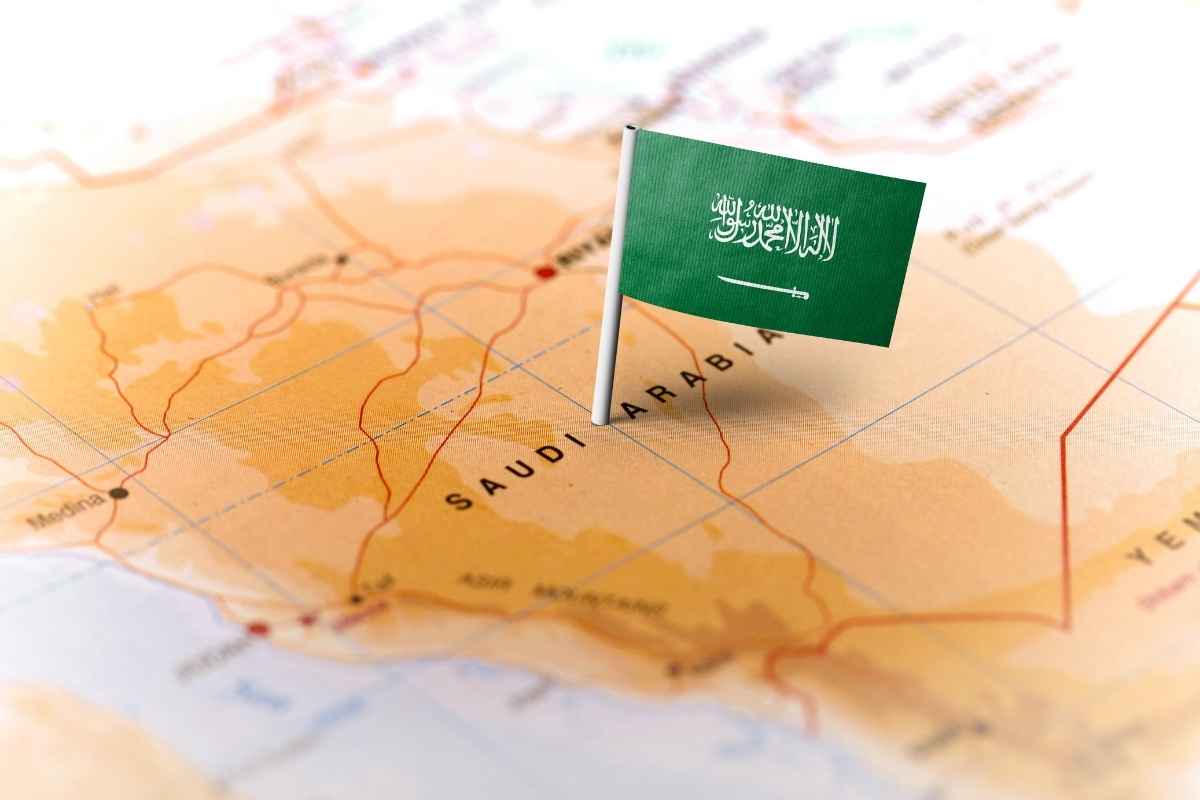
Saudi Arabia, home to some of the most prolific oil fields, ranks second in the world with approximately 267 billion barrels of proven oil reserves. The Ghawar Field, the largest conventional oil field in the world, is located in Saudi Arabia and plays a critical role in the country’s oil production. The Saudi Arabian government maintains a policy of keeping a portion of its reserves untapped to control global oil prices, making it a crucial player in OPEC (Organization of the Petroleum Exporting Countries) and the global energy market.
3. Canada
Canada holds about 170 billion barrels of proven oil reserves, primarily from its oil sands in Alberta. While these reserves are substantial, extracting oil from tar sands is more complex and environmentally taxing compared to conventional methods. As a result, Canada’s oil production faces scrutiny over environmental concerns and regulatory challenges. Nevertheless, the country remains one of the top oil producers due to its advanced extraction technologies and proximity to the U.S. market.
4. Iran
With approximately 157 billion barrels of proven oil reserves, Iran ranks fourth globally. The country has vast oil fields, including the Ahvaz Field and the Marun Field. However, international sanctions and political tensions have significantly affected Iran’s ability to fully exploit its reserves. Despite these challenges, Iran continues to be a vital player in the global oil market, particularly in the Middle East.
5. Iraq
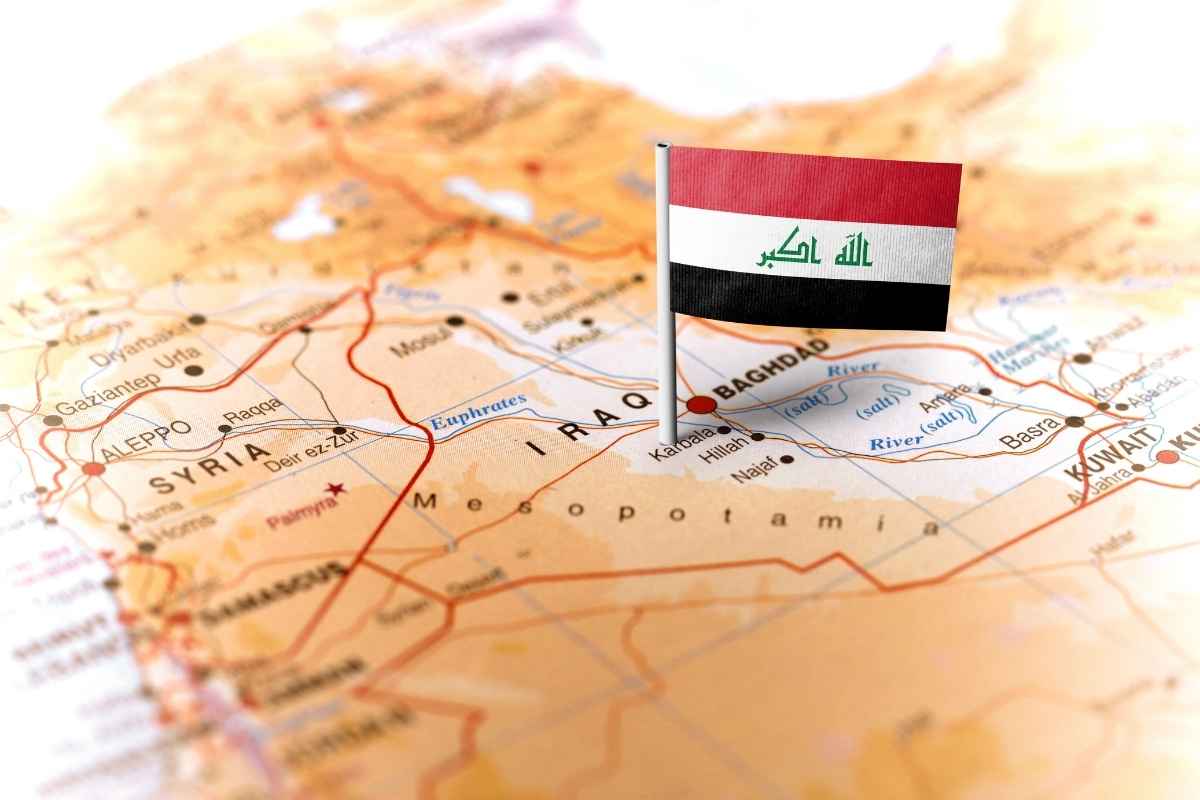
Iraq’s oil reserves are estimated at 147 billion barrels, making it one of the top countries with major oil reserves in the world. The country’s oil fields are primarily concentrated in the southern regions, including the Basra area. After years of conflict, Iraq is working to revive its oil production, aiming to increase its output and attract foreign investments in the oil sector.
6. Kuwait
Kuwait has approximately 101 billion barrels of proven oil reserves. The Burgan Field, one of the largest oil fields globally, is located in the country and has been a significant contributor to Kuwait’s oil production for decades. The government of Kuwait is focused on maintaining its production levels while navigating the complexities of the global oil market.
The Role of Oil Reserves in Global Energy Security
Understanding the major oil reserves in the world is crucial for assessing global energy security. Countries with significant reserves have a considerable influence on global oil prices, supply stability, and geopolitical relationships. For instance, fluctuations in oil production from OPEC nations can lead to changes in market dynamics, affecting economies worldwide.
Moreover, as the world transitions toward renewable energy sources, the future of oil reserves remains a topic of debate. While many countries are investing in green technologies, the reliance on oil is expected to persist in the short to medium term. This dependence underscores the importance of maintaining stable relations with oil-rich nations.
The Future of Oil Reserves
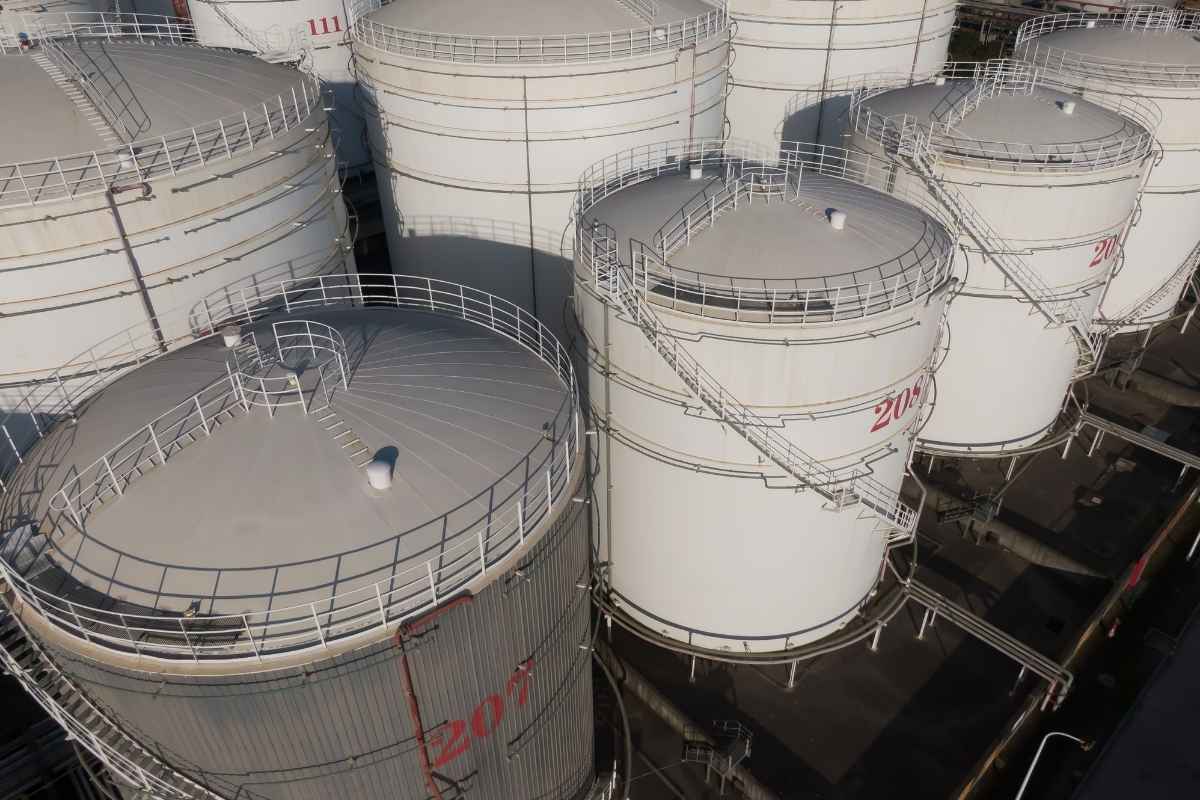
The future of the major oil reserves in the world is intertwined with evolving energy demands, climate policies, and technological advancements. As renewable energy sources gain traction, oil companies are increasingly investing in alternative energy projects. However, transitioning from fossil fuels will take time, and oil reserves will continue to play a vital role in meeting global energy needs.
Technological innovations, such as improved extraction techniques and enhanced oil recovery methods, may unlock additional reserves and extend the life of existing fields. These advancements could potentially reshape the landscape of global oil production, allowing countries with substantial reserves to capitalize on their resources.
Conclusion
In summary, understanding the major oil reserves in the world provides valuable insights into the global energy landscape. With countries like Venezuela, Saudi Arabia, and Canada leading in proven reserves, the dynamics of oil production, geopolitics, and energy security continue to evolve. As the world grapples with the dual challenges of energy demand and climate change, the future of oil reserves will undoubtedly remain a focal point for governments, businesses, and consumers alike. While the transition to renewable energy is underway, oil will continue to be a significant part of the global energy mix for the foreseeable future.
Found this article useful? Check out more of our posts at Oil Gas Energy Magazine!

